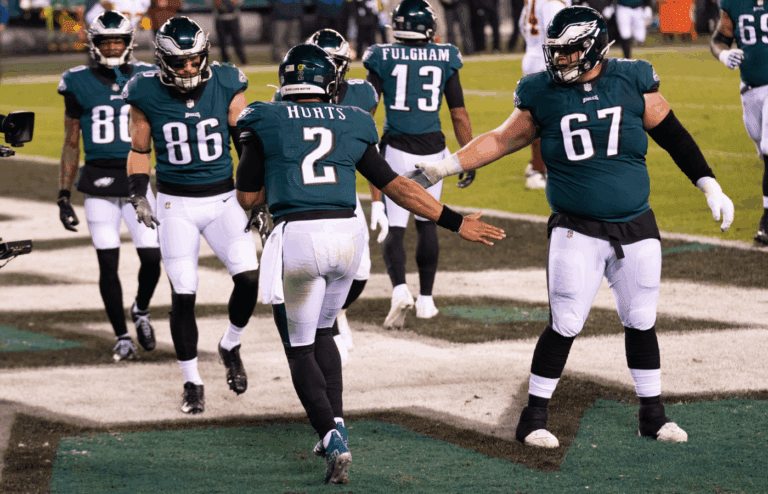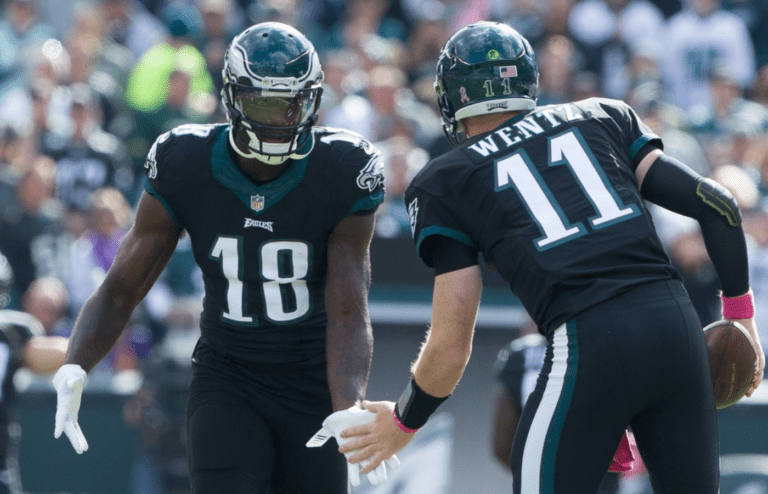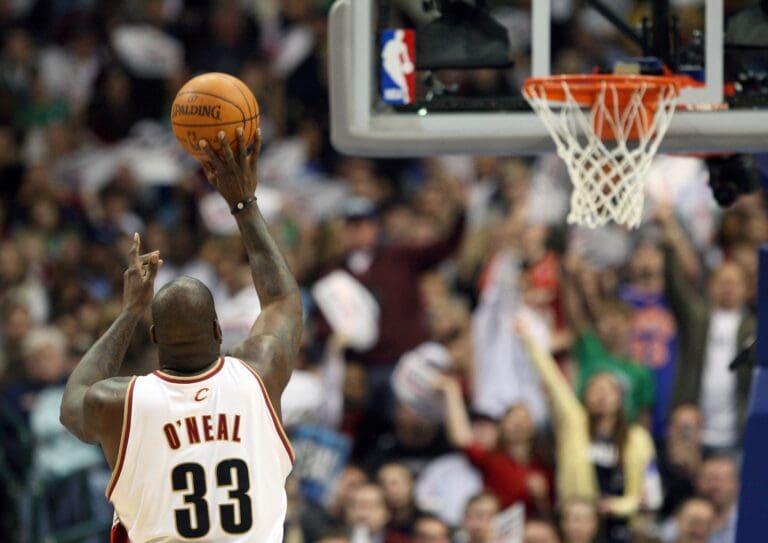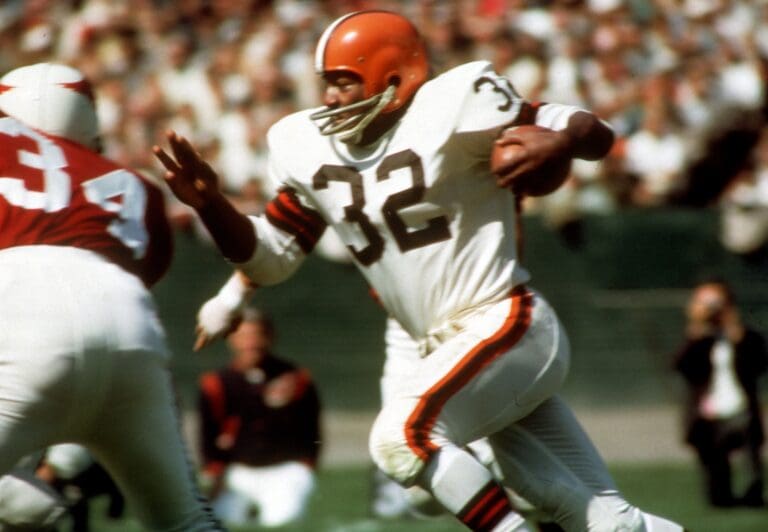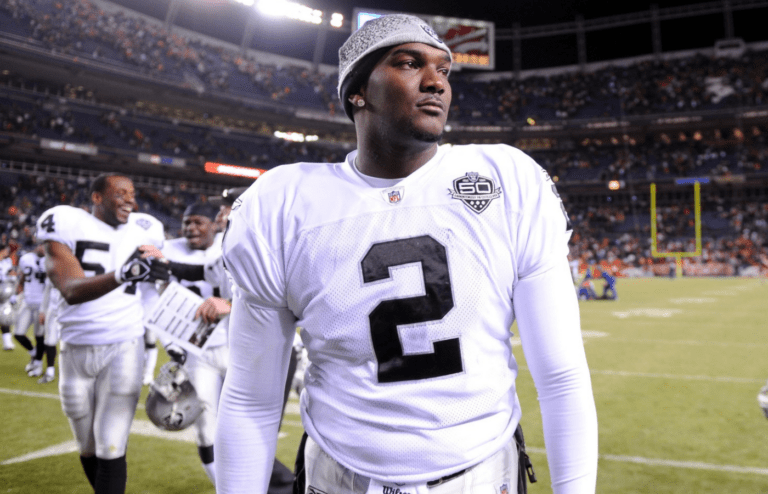Winning the Heisman Trophy is supposed to mean you were the best player in college football. But sometimes, the hype doesn’t quite hold up over time.
Whether due to underwhelming pro careers, inflated college stats, or just plain overexcitement, some Heisman winners haven’t aged as well as their trophy suggests. Here are the 10 most overrated Heisman Trophy winners of all time.
10. Chris Weinke (2000, Florida State)
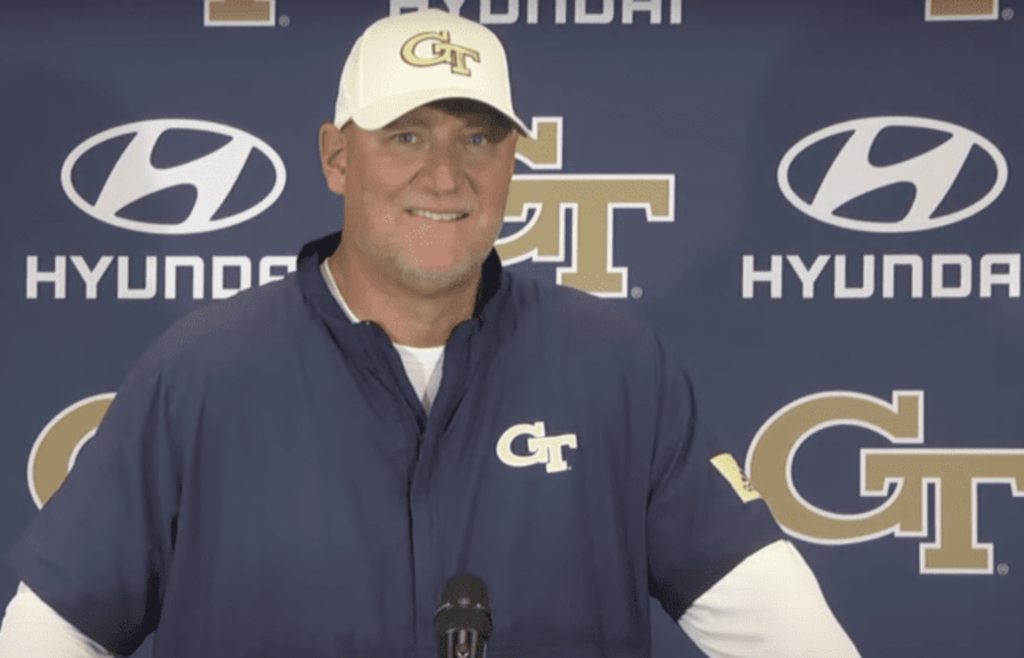
Chris Weinke winning the Heisman at age 28 still feels like an inside joke. Sure, he put up huge numbers at Florida State, but let’s be honest—he was basically playing against kids. The former minor league baseball player was more experienced than most of his competition, which probably helped him torch college defenses. His NFL career? Forgettable at best.
9. Gino Torretta (1992, Miami)
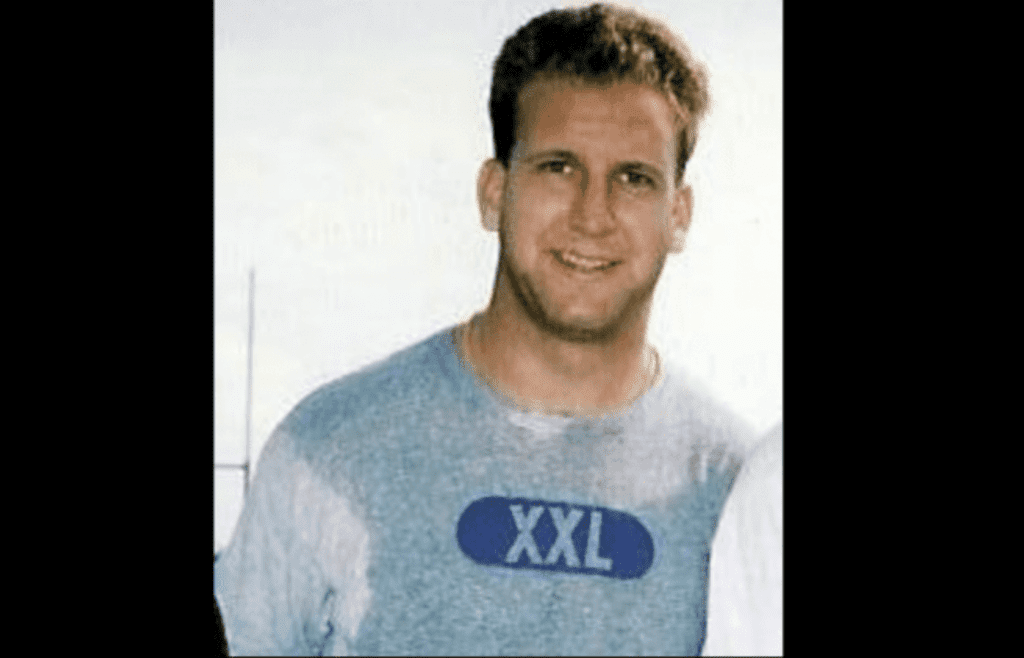
Miami was a powerhouse in the early ’90s, but Gino Torretta wasn’t exactly lighting up the field like other Hurricanes legends. He won the Heisman more because Miami was the top-ranked team than because he was the best player. His NFL career barely existed, proving that his Heisman might’ve been more of a team award than an individual one.
8. Rashaan Salaam (1994, Colorado)
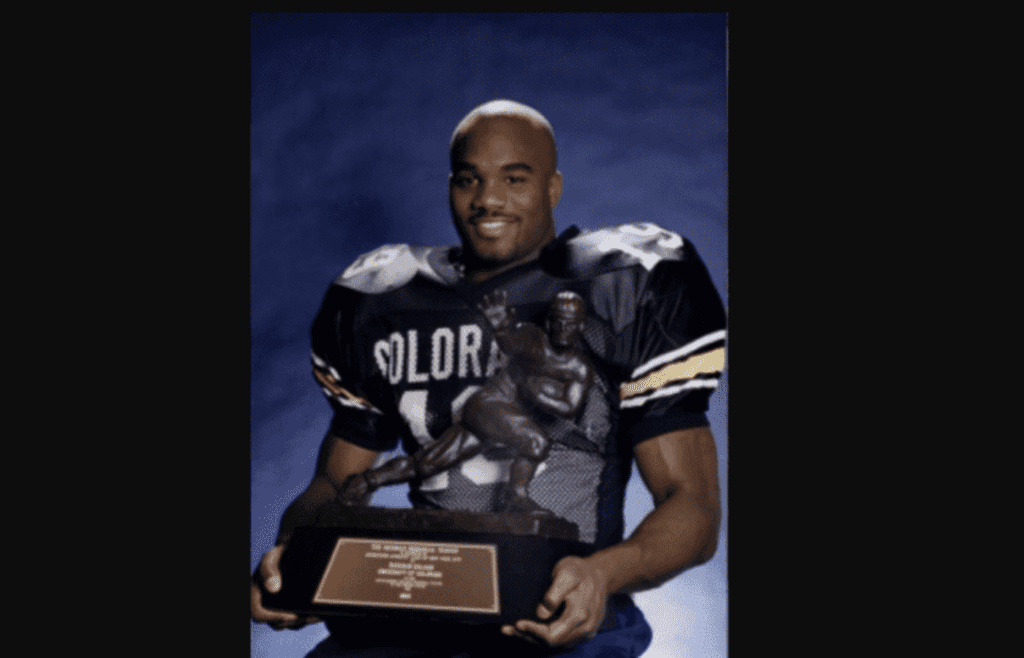
Rashaan Salaam had a monster season at Colorado, rushing for over 2,000 yards and winning the Heisman. But looking back, he benefited from playing in a high-powered offense against weak defenses. He flamed out in the NFL quickly, making it hard to argue that he was truly one of the greatest college players ever.
7. Eric Crouch (2001, Nebraska)
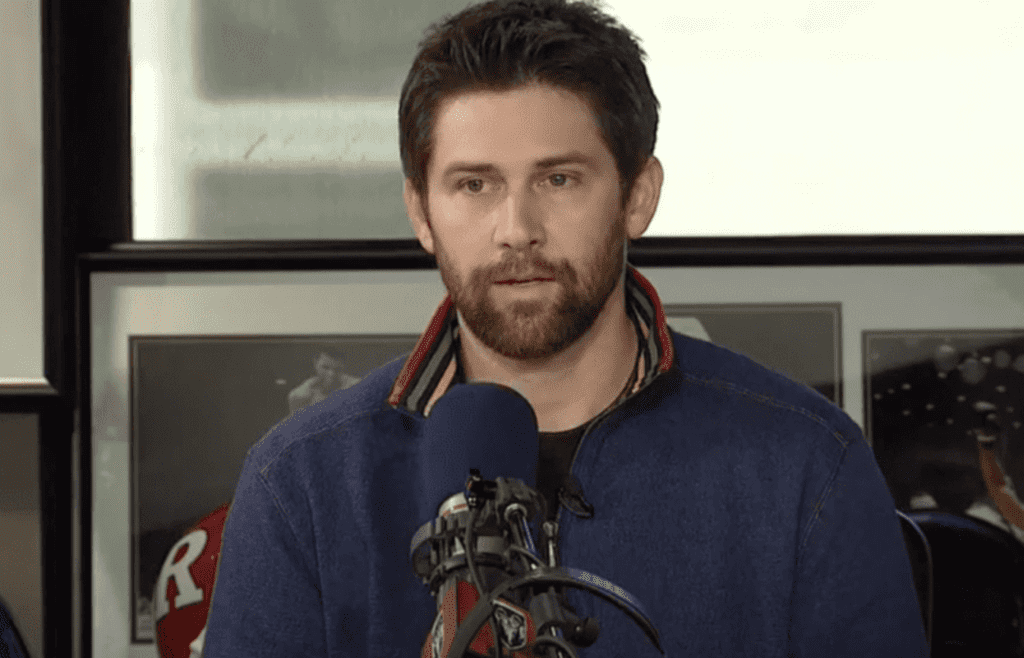
Eric Crouch was electric in Nebraska’s option offense, but he wasn’t exactly a well-rounded quarterback. His numbers were fine, but he won the Heisman mostly because of the system he played in. Once he left Nebraska, he had no real path to NFL success and even tried switching positions. Great college athlete? Yes. All-time great Heisman winner? Not really.
6. Jason White (2003, Oklahoma)

Jason White was a great college quarterback—when his knees weren’t betraying him. He threw a ton of touchdowns, but his Heisman win came largely from playing in a pass-happy Oklahoma offense. His lack of mobility and arm strength kept him from being a legitimate NFL prospect, making his Heisman look more like a system-based award than a true testament to individual greatness.
5. Ron Dayne (1999, Wisconsin)
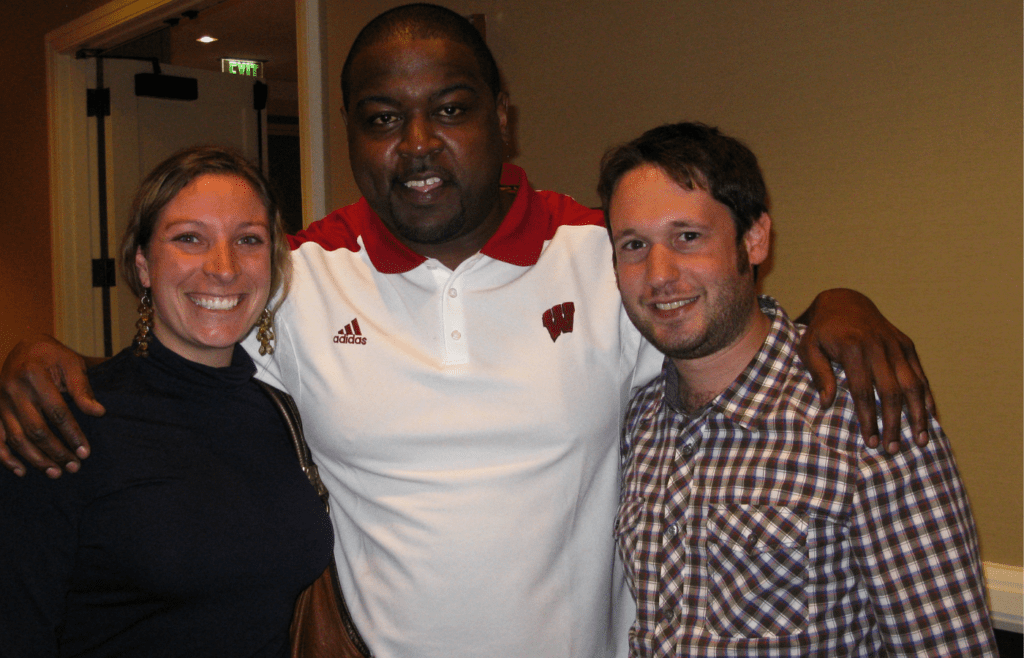
Ron Dayne’s college stats were undeniable—he was a record-setting workhorse at Wisconsin. But his Heisman win felt more like a career achievement award than a recognition of individual dominance in ’99. His bruising style never quite translated to the NFL, and he never became the star many expected.
4. Johnny Manziel (2012, Texas A&M)
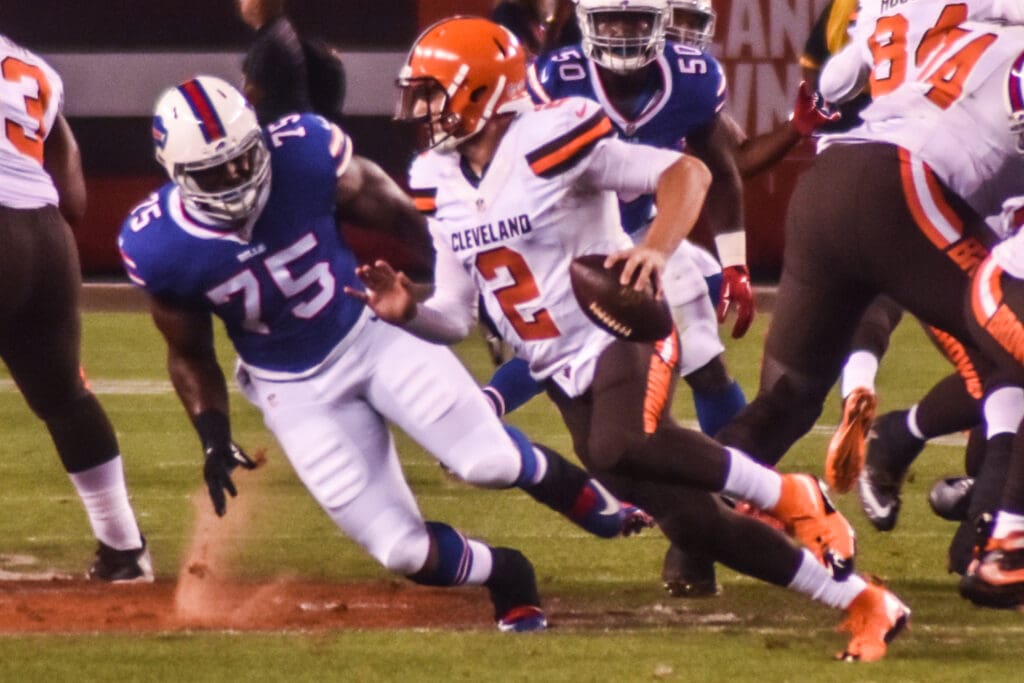
Johnny Football was must-watch TV, but was he actually as great as his hype? Manziel’s Heisman season was electric, but a lot of his game relied on wild improvisation and Mike Evans bailing him out. His college success didn’t translate to the NFL, where his off-field antics overshadowed everything else. In hindsight, his Heisman feels more like a product of viral moments than true dominance.
3. Sam Bradford (2008, Oklahoma)
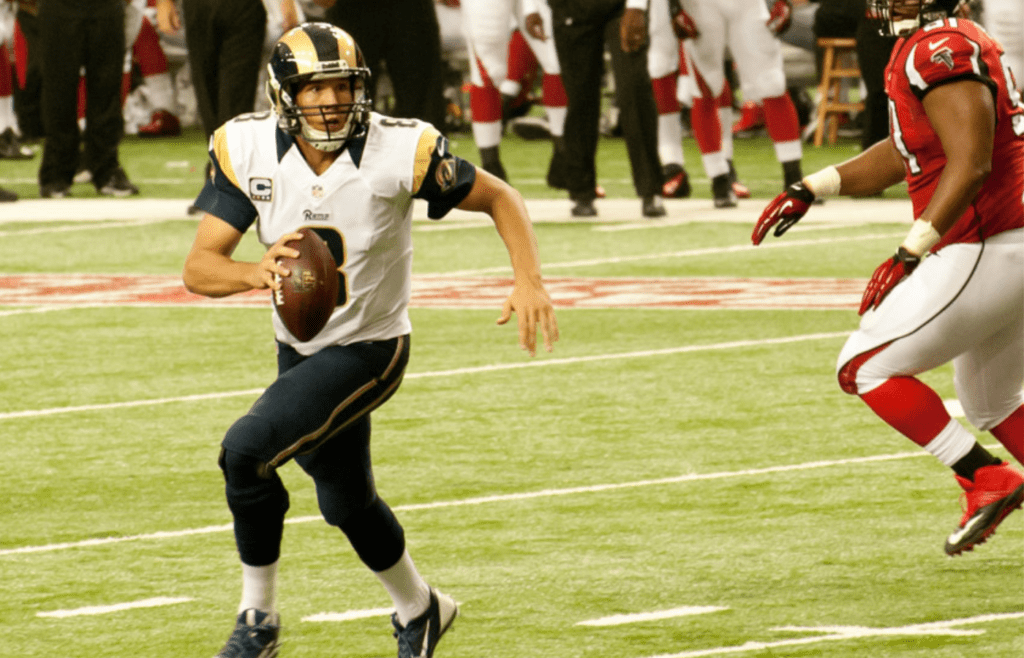
Sam Bradford put up ridiculous numbers at Oklahoma, but how much of that was just the system? He played in a pass-heavy offense that inflated stats, and his Heisman campaign didn’t quite hold up in the long run. Injuries derailed his NFL career, and while he was a solid pro, his Heisman win doesn’t feel as impactful as others.
Read More: Ranking the 15 Best College Football Players of the Last 20 Years
2. Troy Smith (2006, Ohio State)
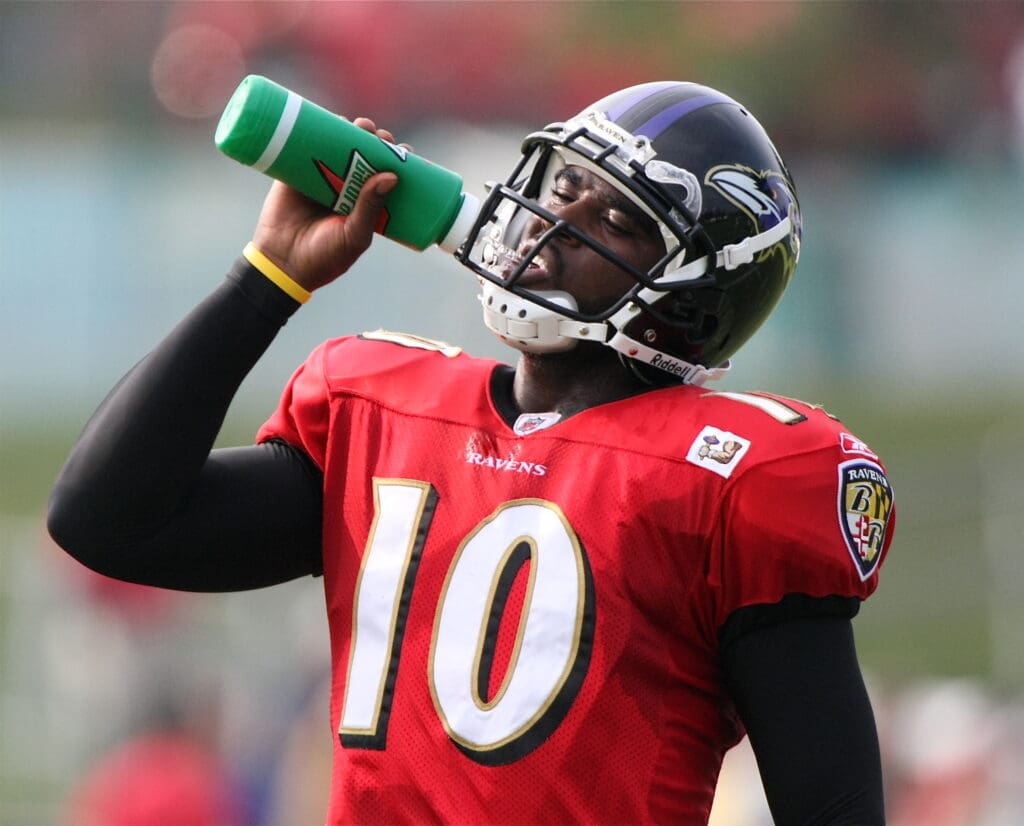
Troy Smith was a solid college quarterback, but his Heisman win felt more like a nod to Ohio State’s dominance than to him being the best player. He struggled mightily in the BCS title game against Florida, and his lack of NFL success made his Heisman look more like a team-driven award than an individual one.
Read More: Ranking the Greatest College Football Quarterbacks of All Time
1. Matt Leinart (2004, USC)
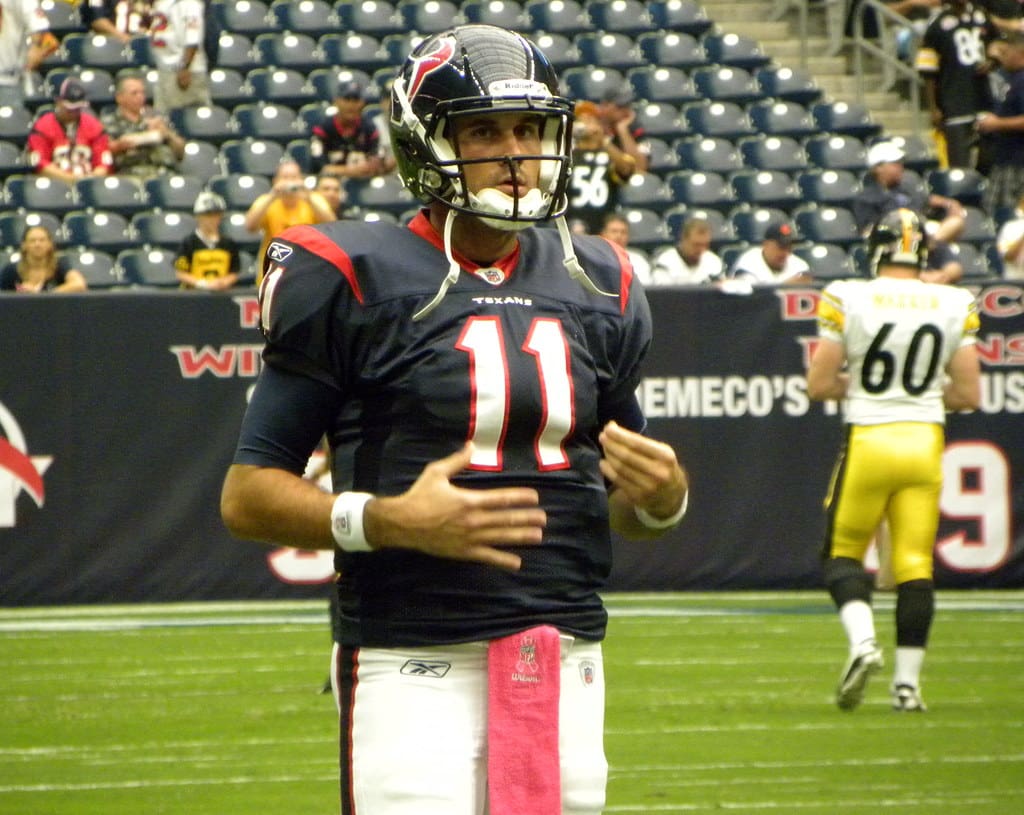
Matt Leinart might be one of the most overhyped Heisman winners ever. He was surrounded by an all-star cast at USC, making his job way easier. When it came time to prove himself at the next level, he flopped hard. His Heisman win felt more like a product of playing on one of the most stacked teams in college football history than him being an all-time great player.
Read More: 20 Heisman Winners Who Disappointed Us in the NFL

